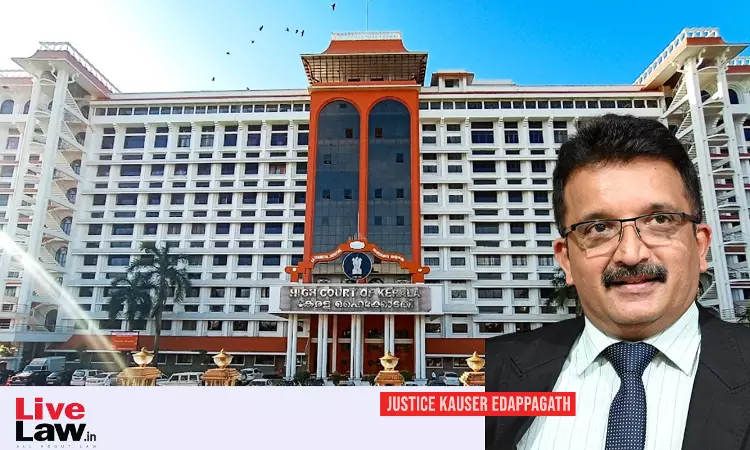Kerala High Court Upholds Village Officer's Conviction And 6 Months Jail-Term For Obtaining ₹500 Bribe
Navya Benny
27 Jun 2023 3:29 PM IST

Next Story
27 Jun 2023 3:29 PM IST
The Kerala High Court recently dismissed the appeal preferred by a Village Officer who had been convicted under the Prevention of Corruption Act, 1988, for obtaining bribe for issuing a location map for a property. "Admittedly, the appellant was a public servant as defined under Section 2(c) of the P.C. Act working in his capacity as Village Officer on the date of the alleged incident....
